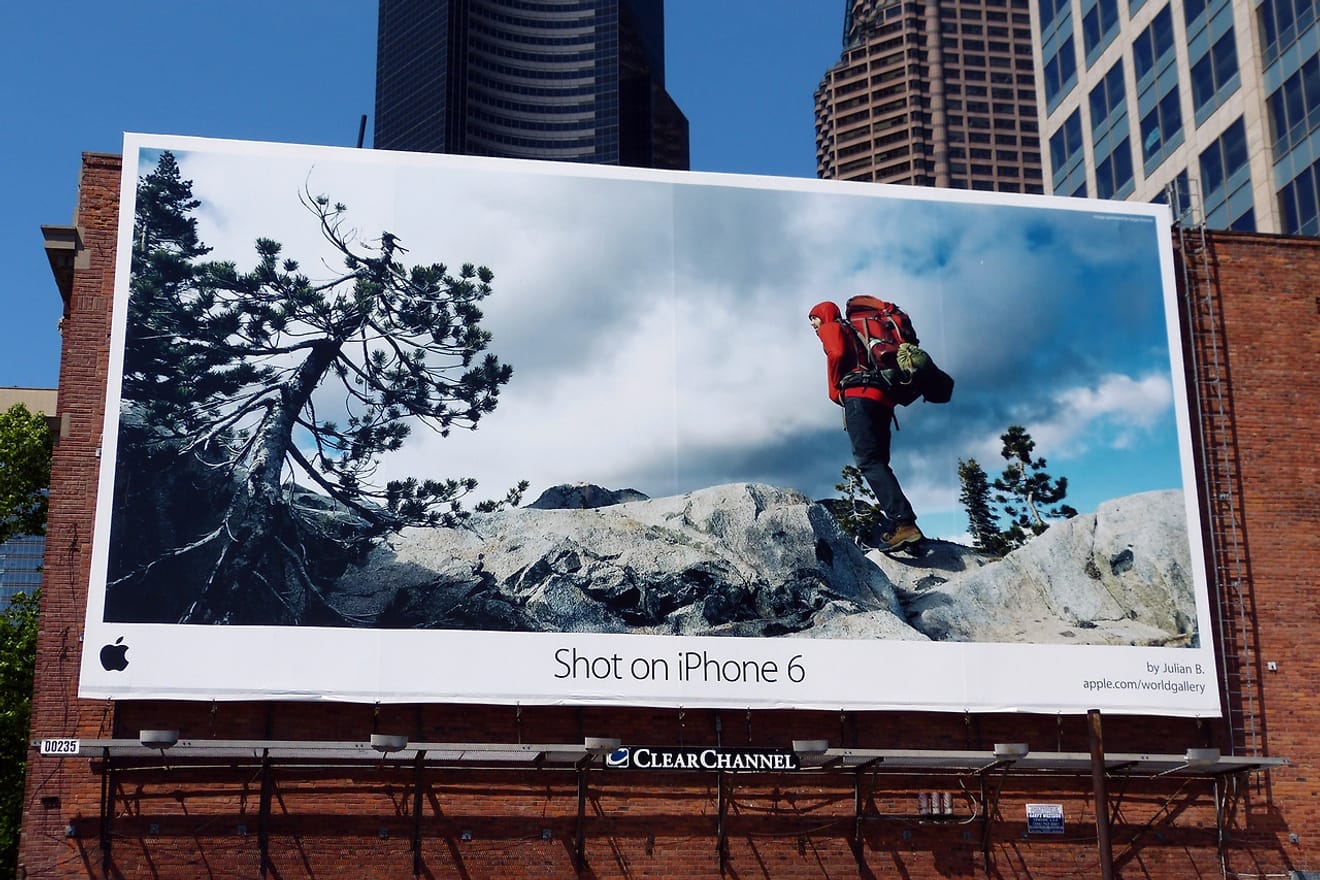- What's it like working at an advertising agency? -2
- This post shares the experiences of someone who works at an advertising agency and focuses on values, including the challenges of communicating with clients. It also provides insights into the struggle with the disconnect between advertising effectiveness
Why did I make a different choice?
In the summer of 2017, when I participated as a judge at an advertising festival held in Busan, I met many experienced Creative directors from various countries. Dubai, Thailand, Germany, Spain, Singapore, Mongolia, etc. I was intrigued by the larger-than-expected scale of the event and the vibrant energy of the diverse participants. During the three-day schedule, networking parties were held every night, and while drinking and dancing with them, I found myself becoming more comfortable talking to them even though I'm usually shy. Even when we met at the venue, conversation flowed easily.
"What's it like working at an advertising agency?"
In response to my casual question during a break, those who had worked for over 15 years replied, "Well, you know... staying up all night every day, revising constantly, persuading clients... it's a constant cycle..." They all had very similar experiences, even more so than I had anticipated. And from then on, I couldn't shake the feeling of being increasingly 'alone' there.

At that year's advertising awards ceremony
Which idea is the best?
Initially, I tried to dismiss it as merely my own personal and limited experiences and thoughts. I simply didn't understand. Even after pulling all-nighters with team members to come up with advertising ideas for companies, the criteria for selecting the final idea remained unclear, even after a long time. My colleagues didn't know either, and the company representatives didn't have any standards for determining the best idea.
Here's one of the video advertisements I was directly involved in creating.
It was a parody of a popular telecommunication company advertisement in Korea.
Originally, our team's idea was two-fold (concepts from the British drama 'Sherlock' and 'Alice in Wonderland') – to solve a mysterious incident occurring in a room using the functions of this TV set-top box. However, after the presentation, it was changed and finalized based on a spontaneous idea from the client.
I remember everyone expressing their regrets on the taxi ride back to the office. And at that moment, I realized that neither side had any basis for confidently asserting or convincing others that their idea was the best.
Why? Because everyone's focus was solely on quick execution and immediate results.
The clarity of 'value' creates good advertising.
From a company's perspective, advertising is a tool used within marketing activities. And in my opinion, marketing is 'all company activities that continuously verify, discover, and communicate the 'value' that a product/service embodies and conveys to customers.' In other words, to create effective advertising or to generate good ideas, it's essential to focus on the 'clarity' of the value that the product/service delivers to customers.
I believe the drug pillow advertisement video that once shook Facebook garnered tens of millions of views from Koreans alone. It didn't feature any celebrities; it simply highlighted the solution to the discomfort of conventional pillows by emphasizing that it was designed to support the space behind the neck. Yet, the public's response was phenomenal.
Also, let's recall Apple's iPhone outdoor advertisements, which featured just a photo and the caption 'shot on iPhone 6.' Although Apple headquarters invests the most manpower and resources in improving camera functionality, they don't mention these internal efforts at all. They solely focus on demonstrating that anyone can capture stunning photos with an iPhone.

But this process of exploring 'value' is absent.
After my realization in the taxi, I tried to identify the value that a product or service aimed to provide to customers before creating advertisements. However, the starting point of every brainstorming session was always the brand guidelines and the desired outcomes summarized by the person in charge in a PowerPoint presentation. (Mostly similar, such as increasing brand awareness and social engagement rates). And my questions about 'value' were easily overshadowed by the abundance of references and enthusiastic introductions to new technologies.
After a few more years of experiencing the field firsthand, I concluded that
Within the current system, intense focus on this 'value' is essentially irrelevant.
It was just me who refused to acknowledge this fact and ignored it. Later, I made the choice to quietly leave this field.
In relation to this, the following are the conventional perceptions related to advertising that I experienced during this process, which made it difficult to focus on the 'clarity' of value.
A. 'Expose' it. Seeing advertisements leads to awareness, and fosters a positive attitude towards the product.
The era of consuming images of celebrities in advertisements through limited media channels is gone. Today, those living in the era of internet and mobile, where we have moved beyond two-way communication to the stage of interaction, universally acknowledge that the traditional 'exposure-based awareness-driven advertising' is less effective than it used to be. However, the belief that this one-way exposure is effective for targeting the masses remains strong.
B. Clever and interesting 'content', advertising that grabs attention.
An executive at an advertising agency once told me, 'Bring me ideas that are fun and funny. Emotional appeals don't resonate.' However, to me, this expression is suitable when evaluating the 'content' form of the output, but I didn't believe it was appropriate as a benchmark during the planning stage of advertising.
Simply put, TV programs and films produced by broadcasting stations and the film industry, once completed, become content, or 'products', that generate revenue on their own. The more exposure these products receive among the public, the more profits they generate, making them effectively achieve their production goals. Therefore, for such content, the core discussion before production focuses on the elements that the public enjoys, such as fun, humor, and emotion, and for which they are willing to pay to watch.
However, because the core purpose of advertising is to showcase and inform people about the value of a product/service, before focusing on evaluation as content, the discussion should prioritize the question of why it's good to buy this product. Structuring and persuading ideas for production in a situation where the value is unclear was a very difficult experience for me, at least. Think about it – our imagination is boundless, but without a point of reference to stop and refine it, isn't it natural that things become disorganized?
C. Brainstorming conducted by various 'experts'
On a weekend afternoon, advertising experts gather for a lengthy meeting. Someone initiates a discussion, a concept is proposed through debate, and everyone utilizes their expertise to derive the optimal big idea.
The one aspect where I felt a different approach was needed was that these expert-like discussions, often lasting for hours, were based on insufficient or distorted information about the target audience – the people who receive the idea in the form of advertising. The information about people's daily lives is limited to the experiences and stories shared among those present at the meeting, and customers are perceived as static entities, existing only at the moment of purchase.
Above all, because of the expertise and authority of the participants, it was easy for a discussion about the 'value' that a product or service embodies to be seen as something difficult to understand or be accepted.
Part 2 is available at the link below.
Comments0